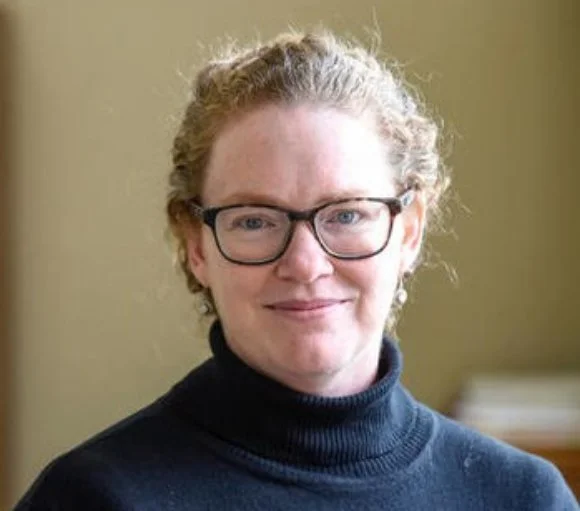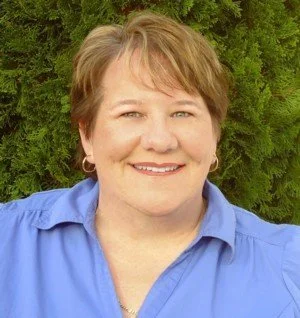National Association of Retrospective Fatality Analysts
Putting Suicide Loss Survivors First. Supporting Coroners, Clinicians, and Communities.
Retrospective Fatality Analysis (RFA) was developed to meet a pressing need: a standardized, ethical tool to explore the complex circumstances surrounding suicide. Building on Dr. Ed Shneidman’s original psychological autopsy method, RFA was created by a group of experienced analysts who wanted a consistent, research-informed process that could be adapted for different communities and projects with appropriate oversight and support.
We believe this tool must not be altered or adapted without our involvement. We are always happy to collaborate, but we must be involved in overseeing and helping to integrate any changes to ensure quality, fidelity, and respect for those affected.
At the heart of our work is an ethical commitment to center the experience of the suicide loss survivor and to honor the person who has died. RFA is not just a method; it is a way to help survivors find meaning, better understand the many factors that contribute to suicide, and begin to make sense of profound loss.
Just as importantly, we aim to create a community of support around this work. RFA brings together researchers, practitioners, and loss survivors who share a commitment to learning from loss, preventing future deaths, and doing so with integrity and compassion.
Meet the Team Behind RFA
-

Anne Kelly, PhD
Anne Kelly, Board Chair, is a Suicide Postvention Technician with extensive experience in suicide prevention and postvention, supporting military communities through AP3SI and Exigent Services in partnership with the Department of Defense. She conducts psychological autopsies to better understand suicide risk factors and inform targeted strategies. Dr. Kelly currently chairs the National Association of Retrospective Fatality Analysis and previously led the Community Mental Health and Suicide Prevention Coalition in Mitchell, South Dakota for 15 years. She has served on several nonprofit boards and legislative task forces focused on suicide prevention, child development, and community well-being. A former Dean and longtime Chair of the Psychology Department at Dakota Wesleyan University, she holds a Ph.D. in experimental psychology from the University of Nevada, Reno.
-

Brett Harding, MBA, F-ABMDI
Brett Harding, Vice President, began his career in medicolegal death investigation in 1988 and now serves as the Chief Deputy Coroner for the Ada County Coroner’s Office in Boise, Idaho. He is a Fellow of the American Academy of Forensic Sciences, the American Board of Medicolegal Death Investigators, and the International Association of Coroners and Medical Examiners. Mr. Harding is also an Affiliate Member of the National Association of Medical Examiners and serves on the Board of Directors for the National Association of Homicide Investigators. He consults on psychological autopsy investigations and is one of only twenty-five certified psychological autopsy investigators in the country.
-

Shannon Harrison, PhD
Shannon Harrison, Secretary, is a Senior Project Analyst supporting the Department of Defense Office of Suicide Prevention. She is a clinician with 27 years of experience, including a decade at Fort Carson’s Warrior Transition Unit and Evans Army Hospital’s Child and Family Behavioral Health System. Much of her career has been dedicated to acute mental health care and suicide prevention. She is a Board Certified Diplomat, a certified School Suicide Prevention Specialist, and a Certified Advanced-Child, Youth, and Family Social Worker. Dr. Harrison is also a founding member of the National Association of Retrospective Fatality Analysts.
-

Janet Schnell, LCSW
Janet Schnell, Treasurer, is a suicide postvention subject matter expert with AP3SI, supporting the Defense Suicide Prevention Office. She is a founding member and Retrospective Fatality Analysis Consultant (RFA-C) with extensive expertise in suicide prevention, intervention, and grief following suicide loss. Mrs. Schnell is President of Survivors of Suicide of Dubois County and has received local, state, and federal awards for her work. She is a certified master trainer in QPR, ASIST, and ACEs and leads one of Indiana’s first LOSS Teams. A suicide loss survivor herself, she became a social worker following her brother’s death by suicide.
-

Ramya Sundararaman, MD, MPH
Ramya Sundararaman is a public health physician and nationally recognized leader in suicide prevention. She founded the Massachusetts Suicide Prevention Program and has advised all 50 states and U.S. territories on their prevention efforts. Since 2010, Dr. Sundararaman has led suicide prevention policy, research, and program evaluation for military and veteran populations. She co-developed standardized death review processes for military and civilian use and has led major psychological autopsy research projects. She also trains suicide prevention professionals nationally and internationally. Dr. Sundararaman earned her MPH from the Harvard School of Public Health.
-

Michael J. Staley, PhD
Michael J. Staley is the Suicide Prevention Research Coordinator at the Utah Office of the Medical Examiner. He oversees real-time suicide surveillance, equivocal death investigations, and suicide mortality research. Dr. Staley leads the Utah Youth Suicide Research Project, a major study examining the lives of teens who died by suicide in the state. He also supervises other epidemiological initiatives within the office. He earned his Ph.D. in sociology from the University of New Hampshire.
-

Brittany Miskowiec, PhD, MSW, LICSW
Brittany Miskowiec is a licensed clinical social worker and suicidologist with nearly 15 years of experience working with the military and individuals with lived experience of suicide. She currently serves as Director of the Law Enforcement, First Responder, and Veteran Program at Ellie Mental Health and is a contracted subject matter expert with the Minnesota Department of Veterans Affairs. Dr. Miskowiec formerly served as Director of Psychological Health for the Minnesota Army National Guard. She has authored articles, presented internationally, secured grants, and contributed to policy and program development in suicide prevention.


